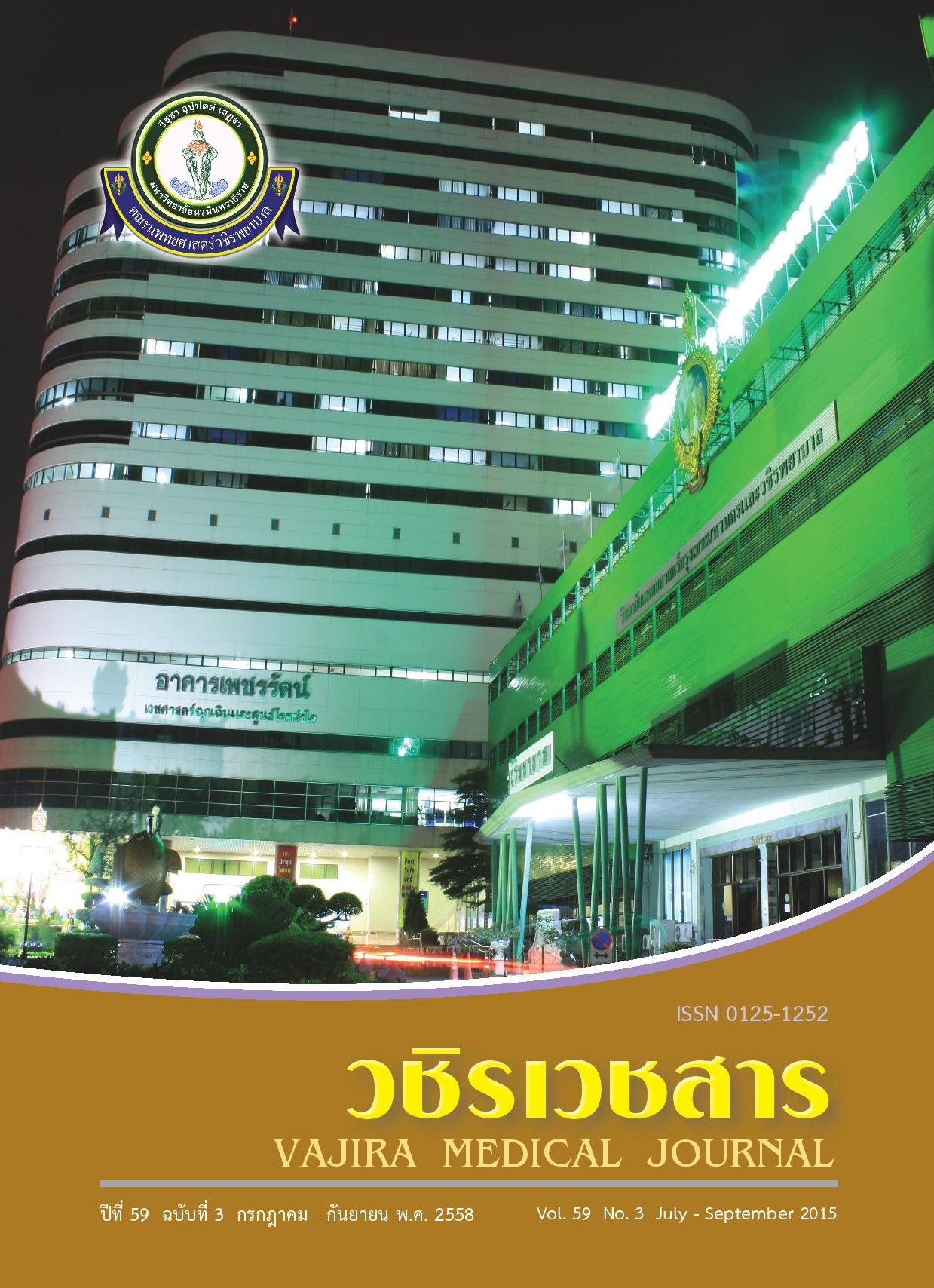Revascularization: A Treatment for Permanent Teeth with Necrotic Pulp and Incomplete Root Development with Apical Periodontitis: 2 Case Reports
Main Article Content
Abstract
Revascularization is a new treatment method for immature permanent teeth with necrotic pulp with or without apical pathosis. Up to now, apexification procedures were applied to these teeth, using calcium hydroxide or MTA to produce an apical calcified barrier and an artificial apical barrier respectively. The pulp revascularization allowed the stimulation of pulp regeneration into available pulp space and induced formation of new hard tissue on the existing dentin wall and continued root development. It reduces the risk of root fracture. Two pulp revascularization techniques were used in these 2 case reports, one using calcium hydroxide and another using a triple antibiotic paste, a combination of metronidazole ciprofloxacin and minocycline. Based on these two different pulp revascularization protocols, which obtained the desired therapeutic success, the follow up periods were 6 months, 1 year and 2 years after initial treatment. In both cases the periapical radiographs showed continued root development and increased thickening of the canal walls. The success of pulp revascularization depends on three elements; (1) root canal disinfection (2) the presence of a scaffold (blood clot) and (3) a tight bacterial seal of any access openings to prevent the ingress of bacteria.
Keywords: Revascularization, immature permanent teeth, regenerative endodontics, apexification


